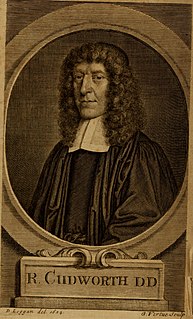A Quote by Mark Twain
For we were little Christian children and early learned the value of forbidden fruit.
Related Quotes
So where does the name Adam's apple come from? Most people say that it is from the notion that this bump was caused by the forbidden fruit getting stuck in the throat of Adam in the Garden of Eden. There is a problem with this theory because some Hebrew scholars believe that the forbidden fruit was the pomegranate. The Koran claims that the forbidden fruit was a banana. So take your pick---Adam's apple, Adam's pomegranate, Adam's banana. Eve clearly chewed before swallowing.
The real issue relating to exclusiveness is whether or not the Christian actually has a relationship with God, a presence of God, which non-Christians do not have. Apart from Christian spiritual formation as described here, I believe there is little value in claiming exclusiveness for the Christian way.
A Christian boy or girl can learn mathematics, for example, from a teacher who is not a Christian; and truth is truth however learned. But while truth is truth however learned, the bearing of truth, the meaning of truth, the purpose of truth, even in the sphere of mathematics, seem entirely different to the Christian from that which they seem to the non-Christian; and that is why a truly Christian education is possible only when Christian conviction underlies not a part but all, of the curriculum of the school.
We don't know whether we'll be able to go to school because of budgetary constraints; that might not be bad because the schools are not doing anything of value for our children in the first place. Jesus said you can tell a tree by the fruit it bears and if the educational system of White America is good for us, where is the fruit from that system that says so?






































